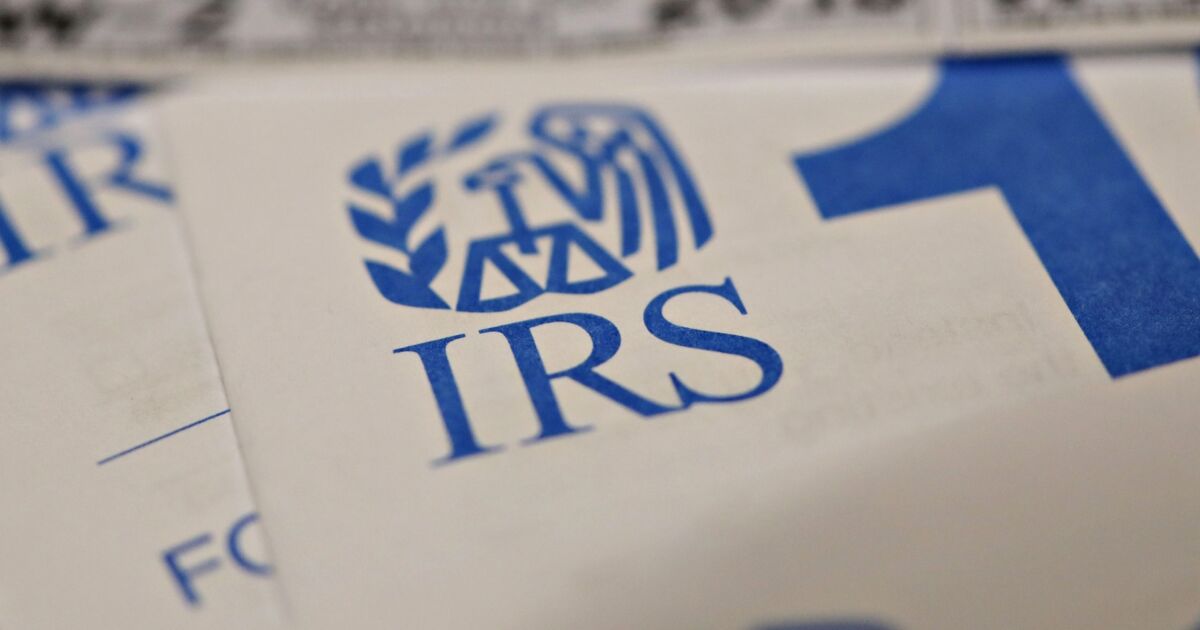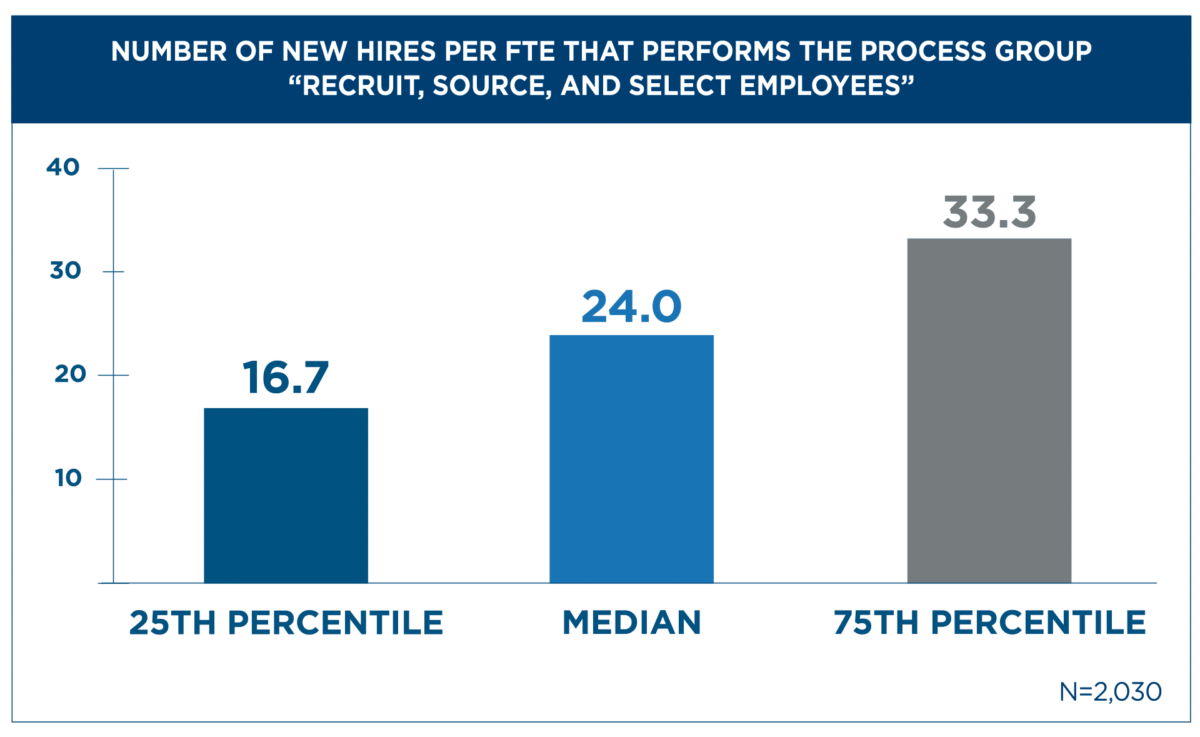Since 2020, the Internal Revenue Service’s Tax-Exempt Compliance Unit’s examiners have spent almost three times more hours closing compliance checks, according to a new
TECU is a group under the IRS’s Tax-Exempt and Government Entities Division. It helps taxpayers, such as charities and private foundations, increase their voluntary compliance mainly through compliance checks, which determine if they have filed their tax returns and met reporting and payment requirements. In 2021 it made improvements to its operations to include full compliance checks, among other implementations, with the goal of reducing taxpayer burden and administrative costs by promoting a single contact with the taxpayer.
However, by expanding the scope of each compliance check, the Treasury Inspector General for Tax Administration found in an audit that examiners spent 6.1 hours on average per TECU case in 2023, up 281% from 2020 when the average was 1.6 hours. The number of taxpayers reached through compliance checks also decreased by more than half, and some cases worked included mistakes. Of 68 cases, TIGTA identified 17 in which the TECU did not identify all delinquent returns.
The report shows that TECU employees are manually searching for delinquent returns that could have been identified systemically but were not because there is no TECU workstream for taxpayers with multiple delinquencies. Taxpayers could also still be contacted multiple times if they were assigned to more than one workstream.
TIGTA suggests that improving TECU could be the solution to reducing mistakes and unproductive examination referrals. It recommends that the TE/GE Division implement the following:
- Develop a workstream for taxpayers with potentially multiple delinquencies;
- Eliminate the requirement for TECU examiners to conduct additional research
- Issue clear and consistent compliance check procedural guidance;
- Revise the contact letter to allow taxpayers to submit tax returns electronically
- Better align TECU examination referral guidance with criteria for assigning cases to the Examination functions; and
- Establish performance goals.
The IRS agreed with four recommendations but disagreed with eliminating the additional research requirement and establishing performance goals.
Credit: Source link









![What It Is and How It Works [+ 14 Platforms to Use] What It Is and How It Works [+ 14 Platforms to Use]](https://www.hubspot.com/hubfs/media-buying-1-20250115-5695026.webp)

